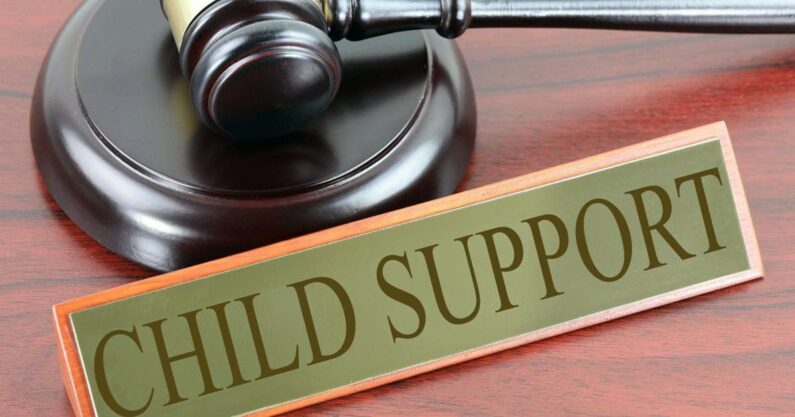Definitions: The obligor parent is the one who pays child support. The obligee parent is the one who receives it.
Update
Here is how child support is currently calculated in the state of New Hampshire: New Hampshire Child Support Calculator.
There are many obligor parents (and their families) statewide who can hardly afford to provide their children with the necessities of life when those children are in their care. The problem is pervasive. The current child support system is so backward it’s almost hard to believe.
Do You Pay Child Support Under Joint Custody?
In New Hampshire, joint custody does not automatically mean that neither parent pays child support. In fact, child support usually has to be paid even with 50/50 custody.
The court considers various factors when determining child support payments in a joint custody arrangement.
- If both parents have similar incomes and equal or approximate equal parenting time, there may be no child support paid to either parent.
- However, if one parent has a significantly higher income, it’s likely that there will be a child support order to ensure that the children are well cared for in both households.
Aside from income, there are other exceptions that can determine whether or not a parent has to pay child support even if they share the children fifty percent of the time. These include whether the:
- parents have agreed to share child-related expenses
- joint custody arrangement has reduced any of the fixed costs of child-rearing
- income of the lower-earning parent enables them to meet the costs of child-rearing in a similar or approximately equal style to that of the other parent.
Child support in New Hampshire is based on a formula that takes into account both parents’ income and the number of children they have. The formula is intended to reflect the cost of raising a child, and is applied to each parent’s income to determine the amount of child support they owe. In addition to the basic child support obligation, parents may also be required to contribute to child care, medical expenses, and other costs associated with raising the child.
Moral Hazard for Judges
The existing child support guideline is presumed to be correct under law. That means that if the judges and marital masters just stick with it and don’t deviate then they don’t have to explain their reasoning for such a deviation.
So, they very frequently just entirely disregard any parenting time that the obligor parent has with the children because it’s easier for them to not deviate and not have to explain why they are doing so.
They are provided no formula to deviate with anyway, and aren’t economists. When they do deviate (which is rare) they typically provide very little downward adjustment for the obligor parent.
Flawed Guideline
The problem is that the current guideline, which is presumed by the law to be correct, is only actually correct in situations where the children spend 100% of their time in the obligee parent’s household and 0% of the time in the obligor parent’s household.
Shared Parenting Confusion

Another critical problem with the current system has to do with the law, which is supposed to encourage shared parenting. That law removed any reference to a custodial and non-custodial parent in NH.
There is no such thing as visitation anymore or of a non-custodial parent. There is only parenting time, with each parent as per a parenting schedule.
So, you may ask how the courts decide now who is the obligor and who is the obligee in a given custody case? This is particularly disturbing in a 50/50 parenting time arrangement, but is also relevant in other parenting time arrangements. The truth is that any decision about who is the obligor and who is the obligee is an absolutely arbitrary one.
Who Pays Child Support?
The law currently provides ZERO statutory guidance about who should be the obligor and who should be the obligee.
But, once a parent is picked as the obligor under the current presumptively correct guideline, that parent owes the entirety of the child support and is allowed to retain none of it to provide for the children when in their care, notwithstanding how frequently the children are indeed in the care of that obligor parent.
The present child support guideline makes no sense and is wholly indefensible. Moreover, it is short-changing NH’s children by forcing those children into a measurably lower standard of living at their obligor parent’s household than at their obligee parent’s household.
Imbalanced Spending and Parenting
The present system is directly undermining the relationship between obligor parents and their children by leaving those obligor parents with the entirety of the economic burden to support their children at two separate households.
NH law further states that both parents are supposed to share the support of their children, yet the existing child support guideline places the entirety of the economic burden on only the obligor parent.
The current guideline is inconsistent with NH’s shared parenting law and also with the legal requirement that parents share the economic support of their children.

